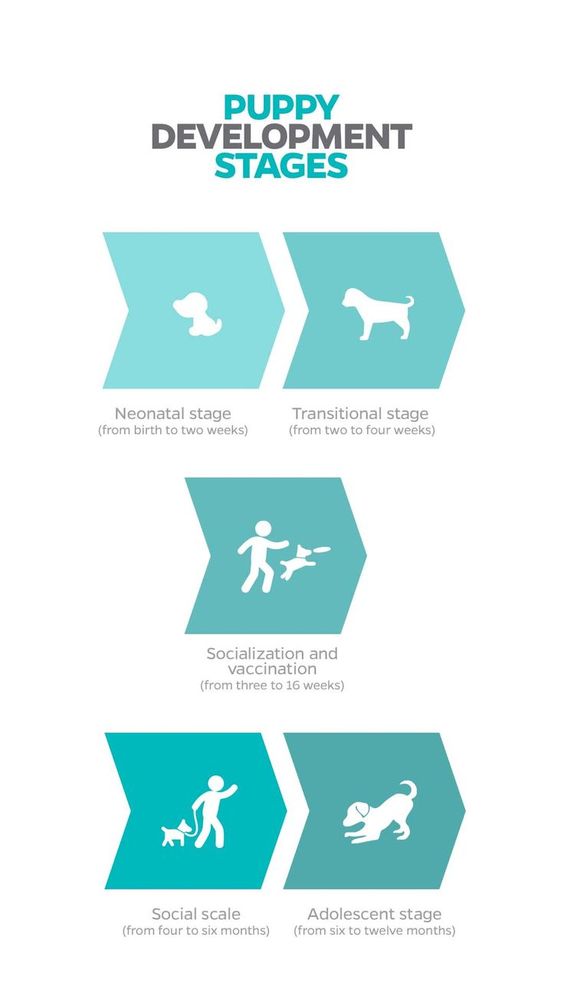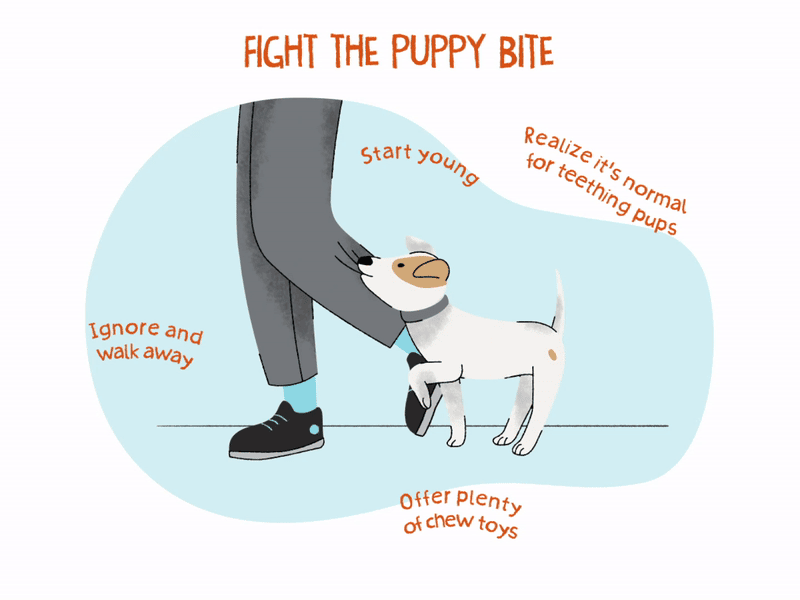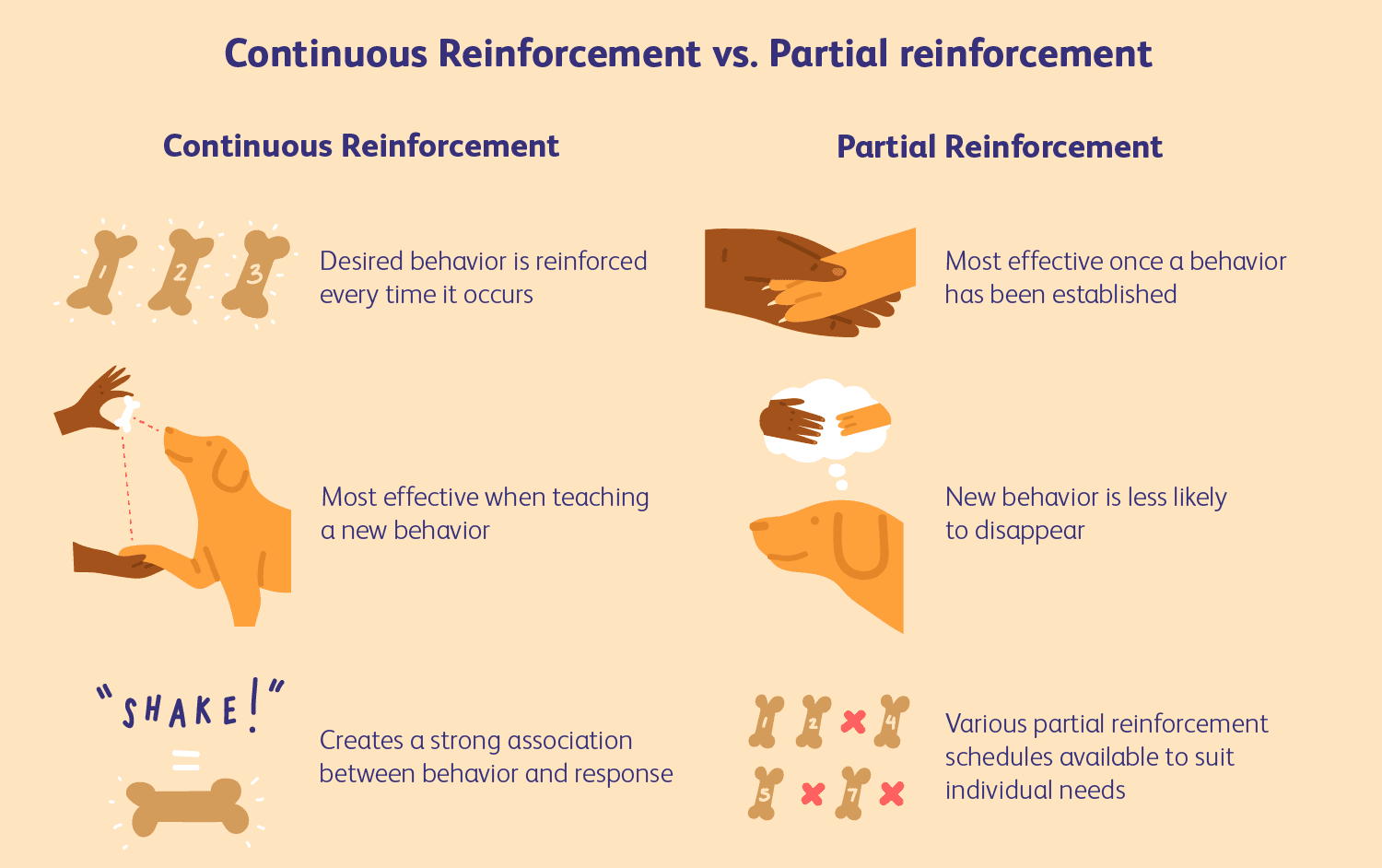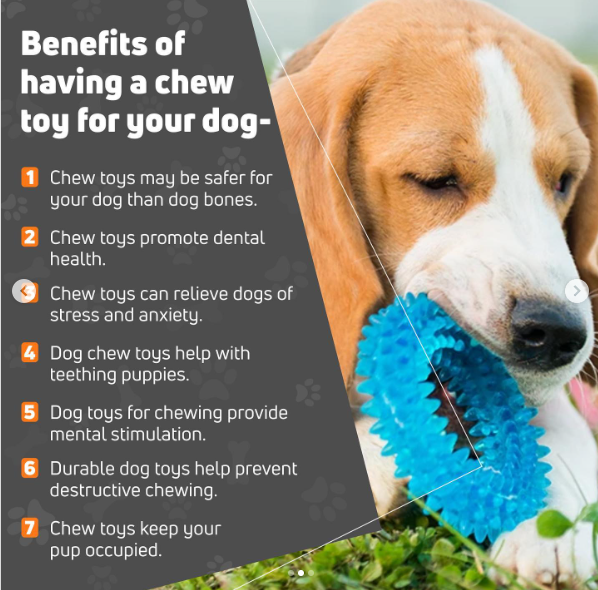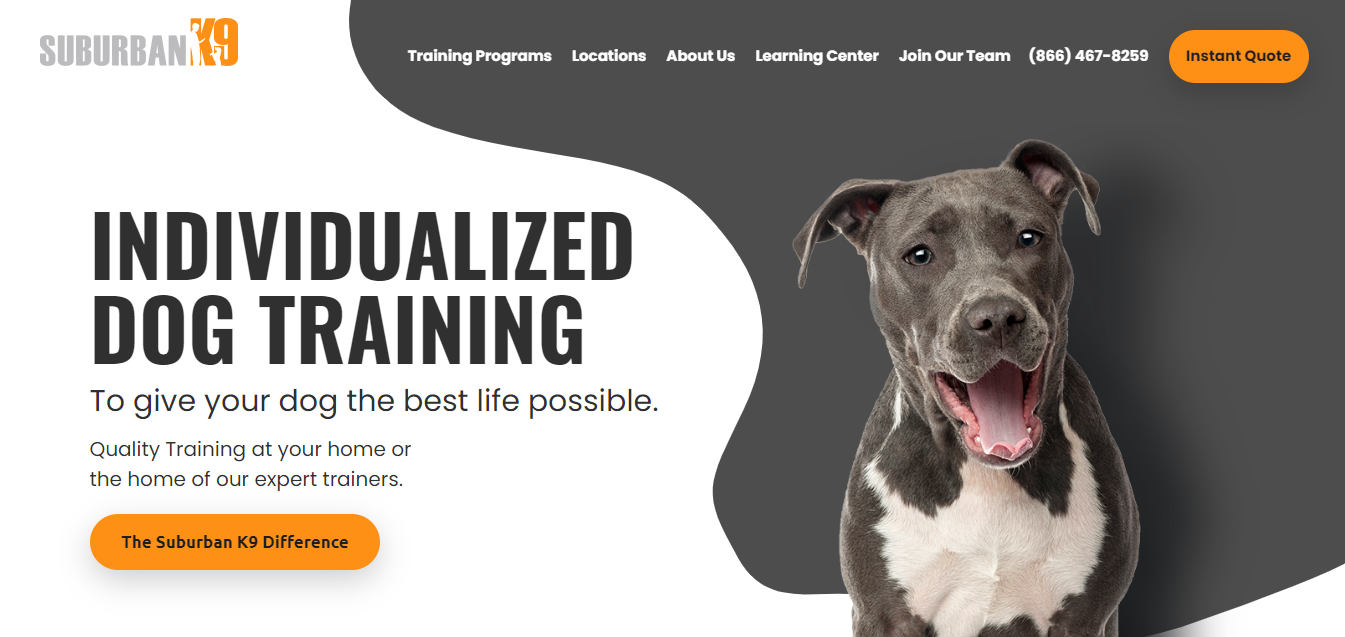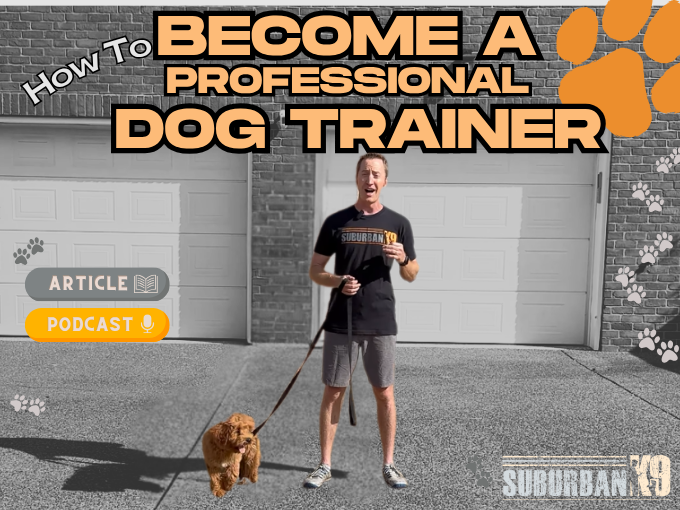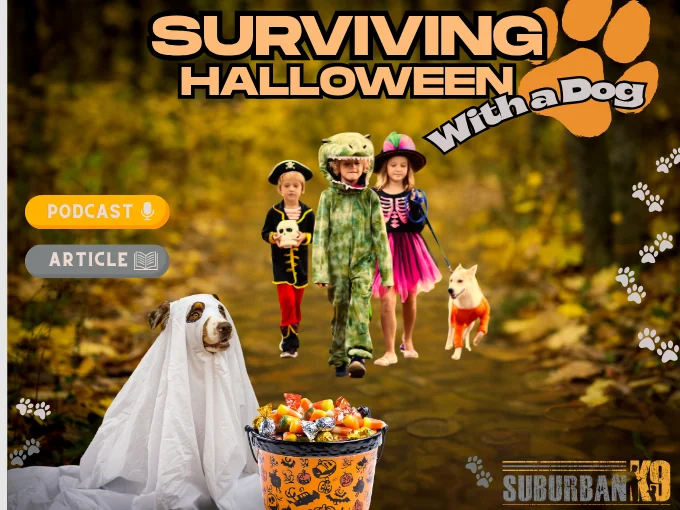Puppies are cute. Puppies are adorable. Puppies can bite aggressively. Ouch, right? No no, your puppy is not a piranha and you don't need to be scared. It may have razor-sharp teeth and relentless bite but it’s still the cutest furball on earth that stole your heart with that “puppy dog look”. So all you have to do is to know how to stop puppy biting.
We may blame the boundless energy and an insatiable appetite for mischief that make puppies take the world as their personal chew toy and your limbs as their snack. But in this blame game, it is we who are responsible for making things right or curbing those piranha-like tendencies we may say.
So in this article, we will arm you with the spot-on knowledge for correcting this behavior and guide you through the trials and tribulations of raising a well-behaved, non-finger-munching companion.
By the end you finish this article, you’ll pinpoint the actual cause behind your puppy’s struggle to nip off that new couch and successfully stop it by implementing our effective training techniques. So it's time to sink our teeth together in this adventure.
Cracking The Code By Understanding Puppy Biting Behavior
Understanding a puppy’s biting behavior is not just an exercise in understanding the reasons for their actions; it is an important step in developing a strong bond and shaping a well-balanced canine companion. Let's see why understanding puppy biting behavior is of utmost importance on this transformative journey.
A. Developmental Stages & Biting Tendencies
When it comes to understanding why our adorable little puppies tend to nip and bite, you must understand the different developmental stages that shape their behavior. Let’s take a look:
A.1. Early Weeks: The Exploration Phase
In the first weeks of a puppy's life, they heavily rely on their mouths to explore the world around them. Just like human babies, puppies use their mouths to investigate objects, textures, and even their littermates. It's their way of understanding the environment and their place within it.
A.2. Teething Time: The Chewy Challenge
As your puppy reaches around 3 to 6 months of age, they enter the teething stage. During this period, their baby teeth start to fall out, making way for their permanent teeth. Much like human infants, teething can be uncomfortable and even painful for puppies. Biting and chewing provide relief as they look to alleviate the discomfort caused by erupting adult teeth. This is a great time to use teething toys for your pup to chew on.
- Our Favorite toy for Teething Puppies: The KONG Puppy Binkie has a cute pacifier shape.
- It's made of soft and natural rubber.
- Appropriate Chewing: This gentle but long-lasting toy helps satisfy instinctual needs and chewing behavior and reduces your puppy biting at you.
- Just like most Kong toys you can stuff this with treats to keep your pup entertained.
- Durability: This puppy toy is designed for hours of chewing.
A.3. Social Learning: Playing With Mates
Puppies learn a great deal about bite inhibition and appropriate play behavior through interactions with their littermates. During play sessions, they practice inhibiting their bites to avoid hurting their siblings. These interactions are needed for their social development as they learn valuable lessons about controlling the force of their bites and understanding the limits of acceptable play behavior.
A.4. Adolescence: Testing Boundaries
As puppies transition into adolescence, typically around 6 to 18 months of age, their biting tendencies can resurface. It's a time of hormonal changes, increased energy, and a desire to assert their independence. With surging energy levels, they can become more rambunctious during play, leading to puppy bites and nips. Consistent training and redirection techniques become vital during this phase.
B. Common Triggers For Puppy Biting
Puppy biting can be triggered by various factors. Here are some common triggers for this puppy behavior:
- Fear or anxiety
- Overstimulation
- Teething troubles
- Medical condition
- Attention-seeking
- Resource guarding
- Lack of socialization
- Play and exploration
- Tiredness or overwhelm
- Frustration or impatience
Now that we've unlocked the secrets behind puppy-biting behavior, it's time to equip you with the tools you need to take action and discuss strategies to put an end to puppy biting, mouthing, and nipping.
9 Proven Ways To Stop Puppy From Biting, Mouthing, & Nipping
If you are tired of those relentless puppy bites that seem to be never-ending, here are 9 tried and tested ways for stopping puppy biting, mouthing, and nipping.
1. Establish Rules & Expectations
By clearly defining the boundaries and communicating your expectations, you'll pave the way for well-mannered and respectful adult dogs.
Puppies are like sponges, eagerly absorbing every bit of information you provide. Consistently reinforce the same rules and expectations and you'll see that your pup understands what is acceptable behavior and what is not. Consistency will help eliminate confusion and set a clear path for your puppy to follow.
Remember, puppies bite as a natural part of their development and exploration. That said, it's important to establish clear boundaries for their biting behavior. Teach your puppy that it's not acceptable to bite or nip at human skin, clothing, or any other inappropriate objects.
2. Create A Structured Environment For The Puppy
Providing your puppy with a structured environment will reduce their desire to bite or chew. Here’s how you can do it:
- Keep a watchful eye on your puppy during their waking hours, especially when they are prone to mouthing and biting.
- Establish schedules for feeding, potty breaks, playtime, and rest. It provides the structure and predictability that your puppy craves, easing their anxiety and helping them understand what is expected of them.
- Designate specific areas within your home where your puppy can safely explore, play, and rest. Set up a cozy crate or a comfy bed as their private sanctuary, a place where they can retreat and recharge.
- Create play zones furnished with a variety of engaging toys to keep them entertained. These designated puppy zones give your puppy a sense of belonging and set clear boundaries for their activities. With a defined space of its own, they will be more focused and will help your puppy stop biting and nipping.
- A tired puppy is a well-behaved puppy! Regular exercise is a crucial element in creating a structured environment. Engage in daily walks, play fetch, or organize interactive games that stimulate your pup physically and mentally. By expending their energy positively, you'll help prevent pent-up frustration that can lead to excessive biting, nipping, or mouthing.
3. Consistent Reinforcement Of Desired Behaviors
When you respond consistently to their biting, nipping, and mouthing, they learn that those behaviors are not acceptable.
Once your puppy reaches the age of 8 weeks, it's time to address those playful nips with a gentle correction. When it attempts to nip, calmly push them away while firmly saying "no." Avoid raising your voice but remember to steer clear of being overly affectionate as you deliver the correction.
Consistently reinforcing desired behaviors helps your puppy develop self-control. When they learn that biting and nipping lead to no rewards or attention, they start to exercise restraint and find alternative ways to engage and interact with you.
Being inconsistent in addressing biting, nipping, and mouthing means running the risk of inadvertently reinforcing these behaviors. If you allow biting during playtime sometimes but not others, your puppy will become confused about what is acceptable.
We cannot stress enough the importance of leading by example. Your actions and reactions play a significant role in shaping your puppy's behavior. Stay calm and composed even when faced with persistent puppy-mouthing or biting. Avoid rough play or encouraging behaviors that may confuse your pup.
4. Teach Your Puppy Bite Inhibition
Playtime is not only a fun-filled adventure for your puppy but also an ideal opportunity to teach them the art of gentle mouthing. Engage in interactive play sessions but never let a dog's teeth touch your skin. Even if the dog doesn't bite down, there's still a chance of something bad happening.
However, here's the secret sauce – the moment your little puppy gets a bit too nippy, let out a yelp or a high-pitched "ouch!" to mimic how their littermates would react. This sudden yelp surprises them and teaches them that biting too hard can end the play session. Gradually, your puppy will learn to temper the force of their bites and develop a softer touch.
If your pup's biting becomes persistent or intense, gently and calmly remove yourself from their presence for a short period, allowing them to grasp the idea that their biting has caused the cessation of play or attention. Remember, your pup is a quick learner and this will serve as the ultimate way to keep those puppy teeth in check.
Ensure that everyone in your household follows the same guidelines when it comes to responding to biting incidents. Use consistent cues like saying "gentle" or "easy" when your pup is mouthing too roughly.
5. Don’t Underestimate The Power Of Socialization & Exposure
During those early developmental stages, puppies have a tremendous capacity to learn and adapt. It's the perfect time to introduce them to a wide variety of experiences, including interactions with other puppies, adult dogs, and different people.
Socialization with different individuals and situations helps your puppy learn appropriate levels of force when interacting with others. It exposes them to different play styles, body language, and communication cues teaching them to control the intensity of their bites.
When your puppy starts biting during social interactions, their fellow puppy playmates will provide invaluable feedback. Through gentle corrections and redirection, these experienced companions will teach your little one the limits of acceptable biting and the importance of gentle play.
Here’s how you should socialize your puppy for the best results.
- Begin socializing your puppy as early as possible. The critical socialization period for puppies is between 3 and 16 weeks of age so seize the opportunity during this time to expose them to a wide range of experiences.
- Choose safe and controlled environments where they can interact with vaccinated adult dogs, well-mannered puppies, and friendly, dog-savvy people.
- Start by introducing your puppy to calm and friendly dogs, both puppies and adults, who can serve as positive role models.
- Always supervise interactions between your puppy and other dogs, especially during playtime. Intervene if the play becomes too rough or if your puppy shows signs of discomfort or fear.
- In addition to socializing with other dogs, expose your puppy to a variety of environments, sounds, surfaces, and people. Gradually introduce them to new experiences, such as car rides, crowded areas, different surfaces to walk on, and encounters with people of diverse ages, appearances, and genders.
6. Use Redirection & Distraction Techniques
Let’s now discuss some exciting secrets of using redirection and distraction to guide your puppy toward appropriate behavior. Here, providing your puppy with appropriate chew toys is a game-changer. These toys satisfy their natural urge to chew while steering them away from your precious fingers.
Choose chew toys specifically designed for puppies with different textures, sizes, and shapes. Look for toys made from durable materials that are safe for your pup to chew on. When your puppy initiates biting or mouthing, calmly but firmly say "No" and immediately offer them an appropriate chew toy. Make it enticing by wiggling it or adding a bit of peanut butter to pique their interest.
Here's a golden rule to remember – make sure that your puppy doesn't mistake nipping as a way to get us in the mood for playtime. So when your dog starts to nip, correct that behavior first. Be assertive and let them know it's a no-go. Once you've established that boundary, it's time to shift their attention to the toy.
7. Remove From The Situation & Teach About The Consequences
Now we all know that puppies can sometimes get a bit carried away with their sharp little puppy teeth. When your playful pup starts biting with persistent aggression, it's time to remove it from the situation. Calmly attach a leash to your puppy's collar and take a leash-walk break. This change of scenery and gentle exercise can help them calm down and shift their focus away from biting.
Similarly, if you notice that being outside is overstimulating and winding up your pup too much, it's a good idea to bring them inside to a more controlled setting. Let them relax and regain their composure.
Tug of War can be fun but if they start getting too worked up and their biting becomes excessive, it's time to hit the pause button. Gently remove the tug toy from their mouth and discontinue the game for a while. This sends a clear message that biting and nipping end playtime.
Let’s make one thing clear – harsh corrections are not the way to go when it comes to teaching your puppy about biting consequences. We want to create a positive and trusting relationship with our pups and harsh corrections can damage that bond. It frightens or confuses your puppy and causes fear-based aggression or anxiety.
When it comes to enforcing consequences, there's no room for wavering. Puppies are keen observers and they'll quickly learn whether you mean what you say. Be affirmative and authoritative in your actions and ensure that your puppy understands the direct link between their behavior and the reaction they receive.
8. Get Professional Help
Despite your best efforts, your puppy's biting habit is becoming increasingly challenging to manage. It is turning more aggressive and seems to stem from deeper behavioral issues. It's time to call in the real experts - Suburban K9 – the ultimate solution to your puppy's biting, nipping, and mouthing woes.
Suburban K9 has been a trusted name in the business since 2006. We have a team of 45 professional trainers who are ready to guide you every step of the way. We offer personalized attention through private in-home lessons to ensure that you and your pup receive the focused instruction you need.
But here's what sets us apart – our unique approach, which we call balanced training. It's the perfect blend of positive reinforcement and fair corrections tailored to your puppy's individual needs.
While positive reinforcement plays a vital role, we understand that it alone may not be enough to stop biting and nipping behaviors. That's why we incorporate fair corrections when necessary, teaching your pup about boundaries and limitations.
But let us be clear: we're all about positive and humane techniques. Bullying and inhumane methods have no place in our training philosophy. We believe in building a strong bond based on trust and respect. Through our proven methods, we address any underlying behavioral issues that contribute to biting or nipping, ensuring a holistic approach to your pup's training.
At Suburban K9, we don't just teach your pup to stop biting. We go beyond that, instilling in them the understanding that you are their strong and confident leader. Our trainers work tirelessly during private puppy classes to establish that crucial dynamic, guiding you in becoming the pack leader your pup looks up to.
9. Patience & Persistence
A sprinkle of patience and a dash of persistence may take you a long way while training your puppy for biting antics. Ok, maybe not a dash but relentless persistence would do a better job in warding off your puppy from nippy tendencies.
Rome wasn't built in a day and neither is a well-behaved puppy. You see the connection here. Behavioral training for your puppy is not some abracadabra that will make tables turn overnight.
If we were to be mad scientists, we would tell you how repeating certain concepts reinforce neural connections, making it easier to recall the information and put it to use – even for dogs. Repetition helps in better recognition which takes time and patient nerves.
Memory muscles and motor coordination work in a melodious harmony when certain skills are put on a loop. Regular and persistent effort leads to improvement and success over time. Remember practice makes perfect.
Conclusion
Like us humans, every puppy is unique and so is their behavior. A puppy goes through specific developmental stages as a part of growing up and each stage poses behavioral challenges and one of the most important of them all is how to stop puppy biting.
Getting up close and personal with these stages will help you understand the appropriate guidance and training they need at every specific stage. Remember an early start lays a solid foundation for a lifetime of good behavior. But if the thought of the shark-like behavior of your doggo is making you perplexed and you feel whatever you do is not enough, it's time to seek professional help.
At Suburban K9, our team of expert dog trainers knows all the ins and out of all sorts of puppy antics. Not just that but our trainers are armed with the right expertise which is a perfect blend of balanced training techniques to help you turn your doggo into a “new man”. Don't prolong and get in touch with us before there is nothing left of your new couch than bits and pieces.
The article above contains Affiliate Links from Amazon and other companies. If you visit their site and buy the product, we will get a small commission. Please know that we only recommend products we love and would never recommend a product we think is less than great. We look at and try hundreds of products before we ever recommend them to our clients!
